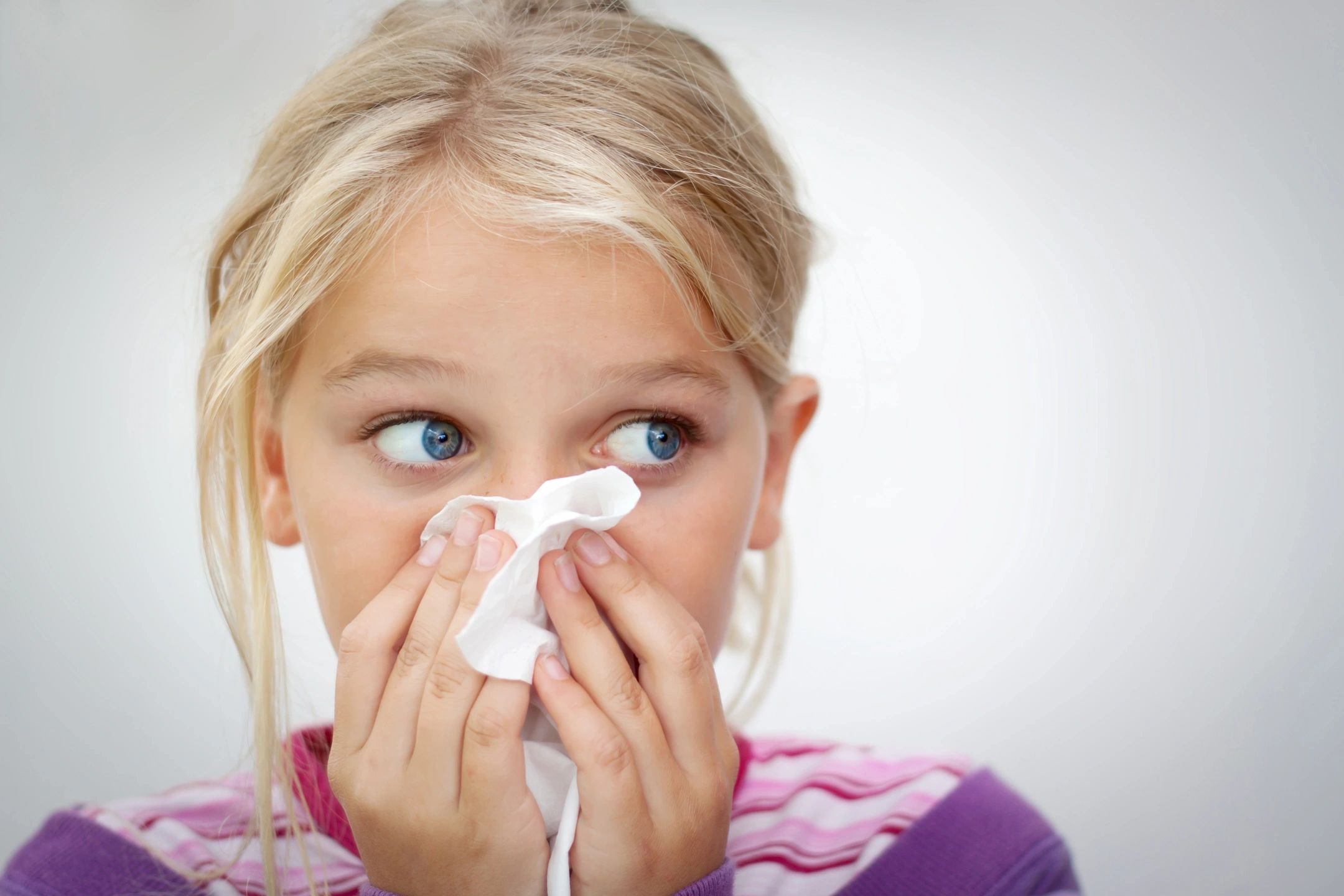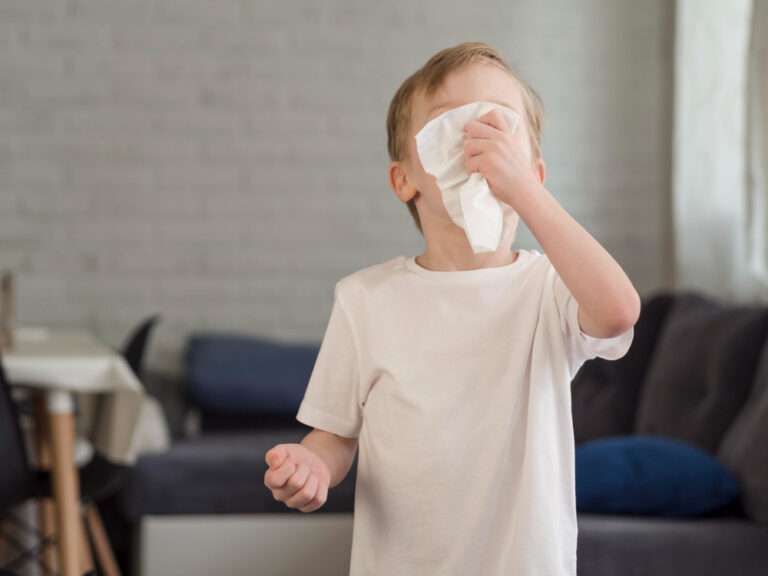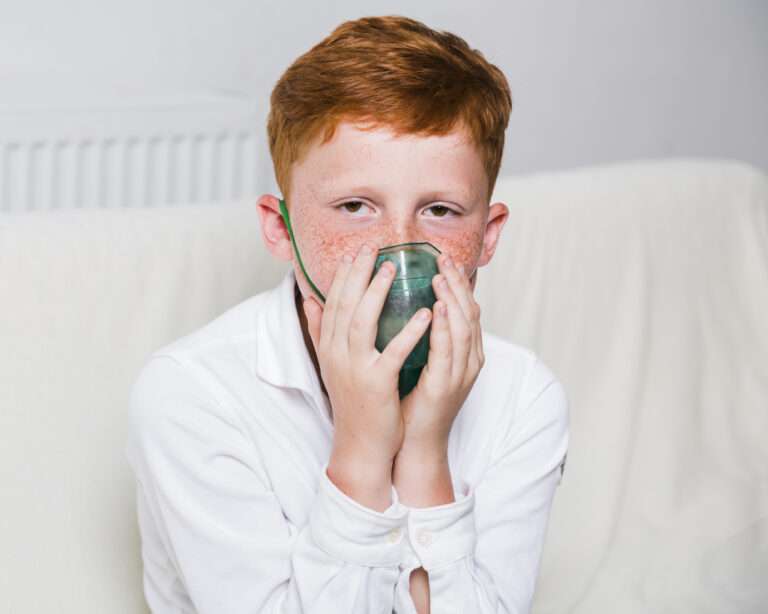Best practices for children with allergies
Managing allergies in kids requires careful attention and planning to ensure their safety and well-being. Here are some best practices for kids with allergies:
- Know the Allergies: Understand the specific allergies your child has, whether it’s food allergies, environmental allergies (like pollen or pet dander), or insect sting allergies. Consult an allergist to get accurate information and guidance.
- Educate Your Child: Depending on their age, teach your child about their allergies, what they need to avoid, and how to recognize symptoms. Use age-appropriate language and visuals to help them understand.
- Communicate with Caregivers: If your child is in school, daycare, or other care settings, ensure that all caregivers are aware of your child’s allergies, symptoms, and the necessary steps to take in case of an allergic reaction. Provide written instructions and emergency contacts.
- Create an Allergy Action Plan: Work with your child’s allergist to create a clear allergy action plan. This plan should outline steps to take in case of accidental exposure or an allergic reaction, including using epinephrine if necessary.
- Avoid Triggers: Help your child avoid allergens by reading food labels, selecting allergen-free snacks and meals, and being cautious about cross-contamination in shared spaces like kitchens.
- Teach Food Awareness: Teach your child to read ingredient labels and recognize allergens. Encourage them to ask questions about ingredients when they’re unsure.
- Safe Eating Out: When dining out, choose restaurants that are knowledgeable about food allergies and their potential risks. Inform the waitstaff about your child’s allergies, and if needed, call ahead to discuss options.
- Medication Access: Ensure that your child’s prescribed medications (like antihistamines or epinephrine auto-injectors) are always accessible. If they’re old enough, teach them how to self-administer their medication.
- Allergen-Free Zones: Create allergen-free zones in your home, especially for young children who might not fully understand the concept of allergens. These zones can be places where their allergens are not allowed.
- Regular Checkups: Schedule regular appointments with your child’s allergist to monitor their allergies and discuss any changes or concerns.
- Teach Personal Advocacy: As your child grows, teach them how to advocate for their own safety. Encourage them to communicate their allergies to others, ask questions about food ingredients, and speak up if they feel uncomfortable.
- Emergency Contacts: Make sure your child knows how to reach you, other family members, and emergency services. Older children should have a cell phone or other means of communication when they’re away from home.
- Practice Epinephrine Use: If your child requires an epinephrine auto-injector, make sure they and those around them know how to use it correctly. Regularly check expiration dates and replace as needed.
- Allergen-Free Playdates: When arranging playdates, communicate with other parents about your child’s allergies and any necessary precautions. Provide safe snacks for your child to enjoy.
- Stay Informed: Keep up-to-date with the latest developments in allergy management and treatment. New treatments and guidelines may emerge over time.



Remember, allergies can be serious, and being proactive is essential. Tailor these practices to your child’s specific situation, and work closely with healthcare professionals to ensure your child’s safety and well-being.
------------From our Sponsors------------









